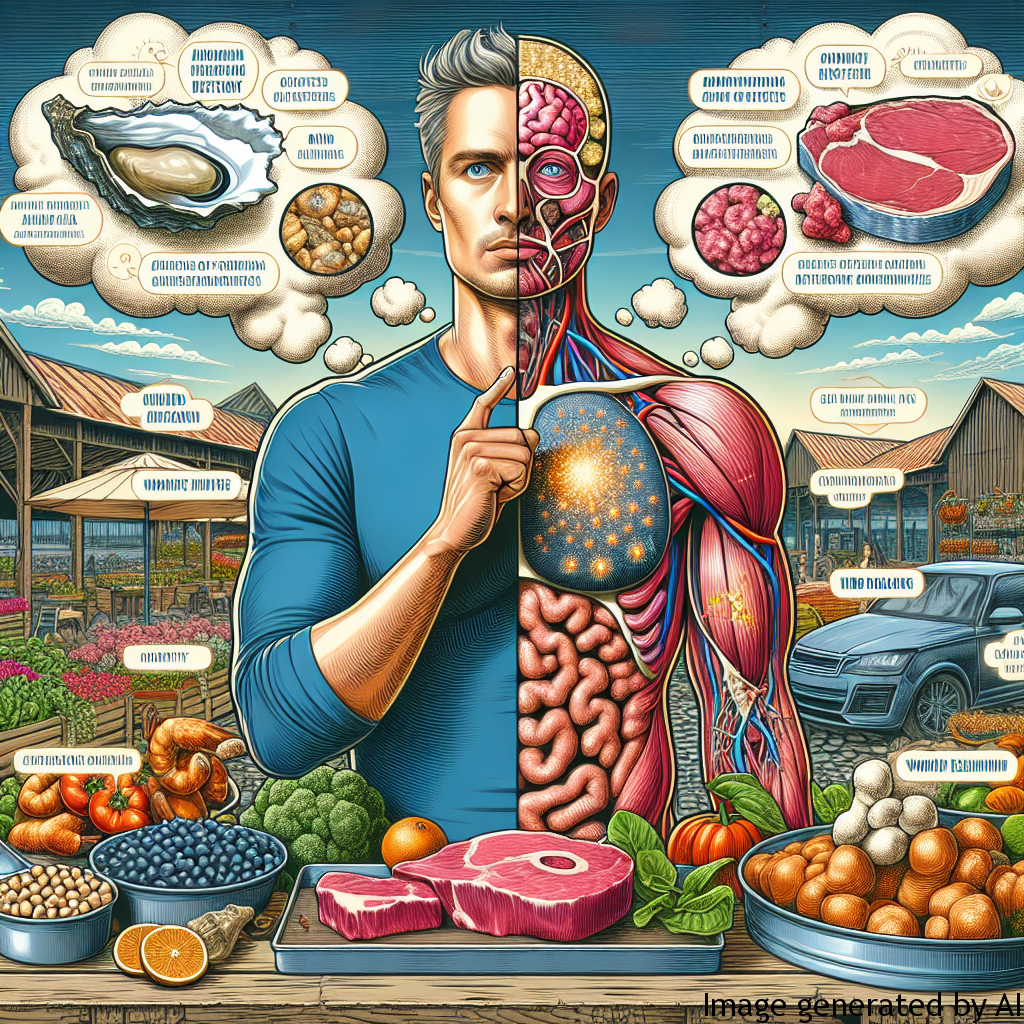Introduction
Zinc is an essential mineral that plays numerous roles in the human body. It contributes to several biological functions including supporting the immune system, aiding in DNA synthesis, promoting proper taste and smell, cellular metabolism, and wound healing. This article discusses zinc’s role in nutrition and its importance in promoting overall health.
The Importance of Zinc in Nutrition
Zinc is one of the vital trace minerals essential for numerous bodily functions. It plays a role in a wide array of metabolic, protein synthesis, and gene expression processes. It is essential for growth during pregnancy, childhood, and adolescence and helps in maintaining a strong immune system.
The Role of Zinc in Cellular Metabolism
Zinc is a cofactor for over 300 enzymes involved in the body’s metabolism. It aids in the metabolism of proteins, carbohydrates, lipids and other micronutrients. Zinc also plays a fundamental role in the structure and function of the cell membrane, maintaining its integrity and stability.
Zinc and the Immune System
Zinc plays a key role in the immune system. Adequate levels of zinc are essential for the development and function of neutrophils, natural killer cells, and T and B lymphocytes. A deficiency in zinc can lead to a weakened immune response, increasing the risk of infection and disease.
Examples of Zinc Deficiency and Its Effects
Studies show that lack of zinc in the diet can lead to several issues including impaired growth and development in children, delayed sexual maturation, skin issues, weakened immune system, and loss of appetite. Furthermore, zinc deficiency can result in hair loss, diarrhea, delayed wound healing, taste abnormalities, and mental lethargy.
Tips for Ensuring Sufficient Zinc Intake
While zinc deficiencies are rare in developed countries due to the availability of zinc-rich foods, ensuring sufficient intake is vital. Zinc can be found in a variety of food sources including oysters, red meat, poultry, beans, nuts, whole grains, and dairy products. However, the absorption of zinc can be hindered by the presence of phytates in plant-based foods. Consequently, those on a vegetarian or vegan diet should consider zinc supplementation.
Conclusion
With its numerous roles in maintaining overall health and well-being, the importance of zinc in nutrition cannot be overstated. By ensuring regular and sufficient intake of this essential mineral, we empower our bodies to function optimally, fight off diseases, and promote overall good health. Aware of the sources of Zinc and the effects of its deficiency, one can manage its levels efficiently thereby catering to overall health and wellbeing.

